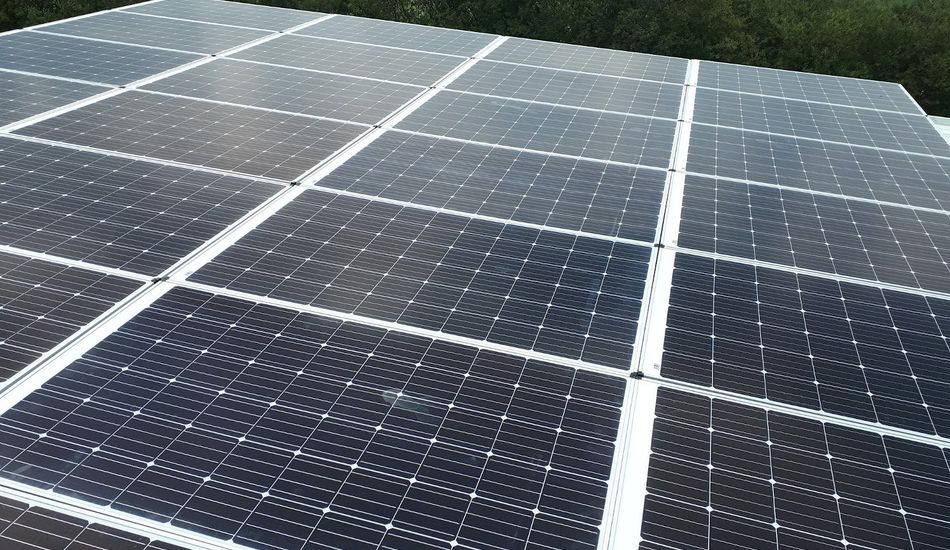
Hidden Communication Devices in Chinese Solar Tech
Concerns are rising regarding the discovery of undisclosed communication equipment within solar power components manufactured in China. These devices, including cellular radios, have been found in solar inverters and batteries from multiple Chinese suppliers. While some communication capabilities are standard for remote software updates and maintenance, the issue lies in the lack of transparency regarding these hidden components. This raises serious security questions, potentially allowing for remote disabling of inverters, grid destabilization, and even blackouts.
Security Implications and Potential Risks
The absence of these devices from product documentation is particularly alarming. Normally, manufacturers would incorporate firewalls to protect against malicious activity directed at known communication tools. The hidden nature of these components circumvents these standard security measures, creating a vulnerability. The full extent of the problem remains unclear, but reports indicate that the issue affects parts from several Chinese manufacturers.
The US Department of Energy, while not sounding an immediate alarm, has emphasized the importance of complete product transparency for all procurement. The agency's statement highlights the need for buyers to have a comprehensive understanding of the capabilities of the solar equipment they acquire. China has denied these accusations, refuting claims of malicious intent.
The Broader Context and Future Implications
This situation highlights the significant reliance of the US, and indeed much of the global solar energy infrastructure, on Chinese manufacturers. A substantial portion of solar inverters and modules originate from China. This dependence raises critical questions about supply chain security and potential risks to national infrastructure. Similar concerns regarding potential espionage and sabotage have already led to bans on Chinese technology in other critical areas, such as 5G networks. This discovery could well precipitate similar restrictions on Chinese-made solar components.
Source: Gizmodo